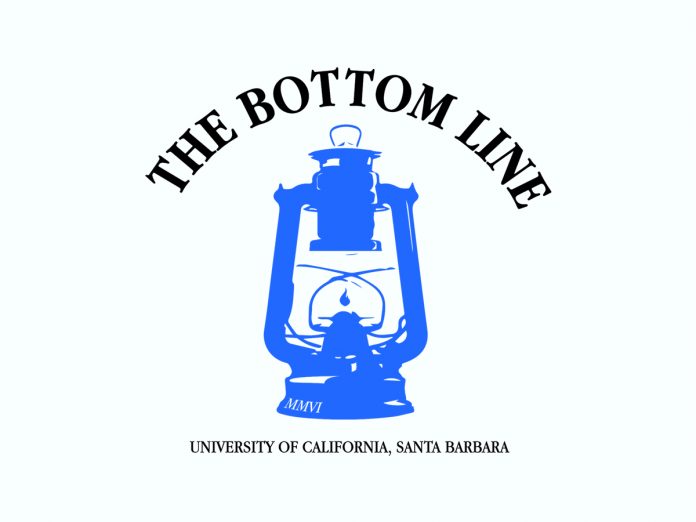Jacob Wong
National Beat Reporter
This summer, a cohort of 26 students from across the country will come to UCSB as participants in the UC-HBCU Initiative, a partnership between the UC system and Historically Black Colleges and Universities (HBCUs). The purpose of the initiative is to give HBCU students the opportunity to work and research with faculty and graduate students in the UC system.
The program was established by UCOP in 2012 to address the university system’s historically low representation of African Americans in graduate and professional programs. Between 2013 and 2017, the five-year average for enrollment of African Americans in UC academic doctoral programs was three percent.
“UC’s commitment to research excellence means we need to attract the top graduate students from throughout the U.S.,” stated UCSB Linguistics Chair Mary Bucholtz in an email statement to The Bottom Line. “But because most HBCUs are in the southeastern part of the country, a lot of their students don’t even consider UC for grad school.”
If the lack of HBCU representation in UC graduate programs was on the minds of UCOP leaders who founded the initiative, the returns five years later seem to indicate that the program has been successful in addressing that concern.
According to UCOP, the program has resulted in UC hosting over 480 scholars across nine campuses. Although the program only encompasses a summer internship, it also serves as an entry point for many HBCU students into UC graduate programs.
UCOP data also indicates that around 44 percent of the program’s participants have gone on to enroll in UC graduate programs, five of whom have successfully completed their degree.
This summer, the UCSB program will host HBCU students in four different departments: linguistics, classics, English, and chemistry. Internship experiences will vary across each field of study — while participants in the chemistry and English departments will primarily be conducting research on campus, the classics department will travel to Greece for two weeks.
Bucholtz will be hosting the linguistics students along with Professor Anne Charity Hudley in a program called the UCSB-HBCU Scholars in Linguistics Program. The students will spend the first four weeks of the eight-week program at the 2019 Linguistic Institute at UC Davis before returning to UCSB to conduct further research.
For Bucholtz, the goal of the summer will not just be to showcase UCSB’s academic resources, but also to help the participating students prepare for graduate school while gaining a taste of student life in Santa Barbara.
“Our main goal is to prepare students for graduate studies in whatever field and at whatever institution is the right fit for them … And of course we also want them to have fun, to get to know UCSB students and faculty, and to explore what Santa Barbara has to offer,” Bucholtz stated.
While the UC-HBCU Initiative provides one UCOP success story of increased African American representation in its institutions, Bucholtz believes that campuses such as UCSB — five percent of whose student body was composed of African American students last year — still have a lot of room for growth in accommodating the historically underrepresented UCSB demographic.
“UCSB is definitely moving in the right direction in a lot of ways, but there’s a lot more we need to be doing,” stated Bucholtz. “All departments should be working to develop more inclusive curricula and to provide meaningful retention and support systems for our undergrad and grad students of color.”
Bucholtz added, “I’m inspired every day by the work of students on this campus to advance social and educational justice, and it’s their leadership that has done more than anything else to make this university a better, more inclusive place for learning.”











